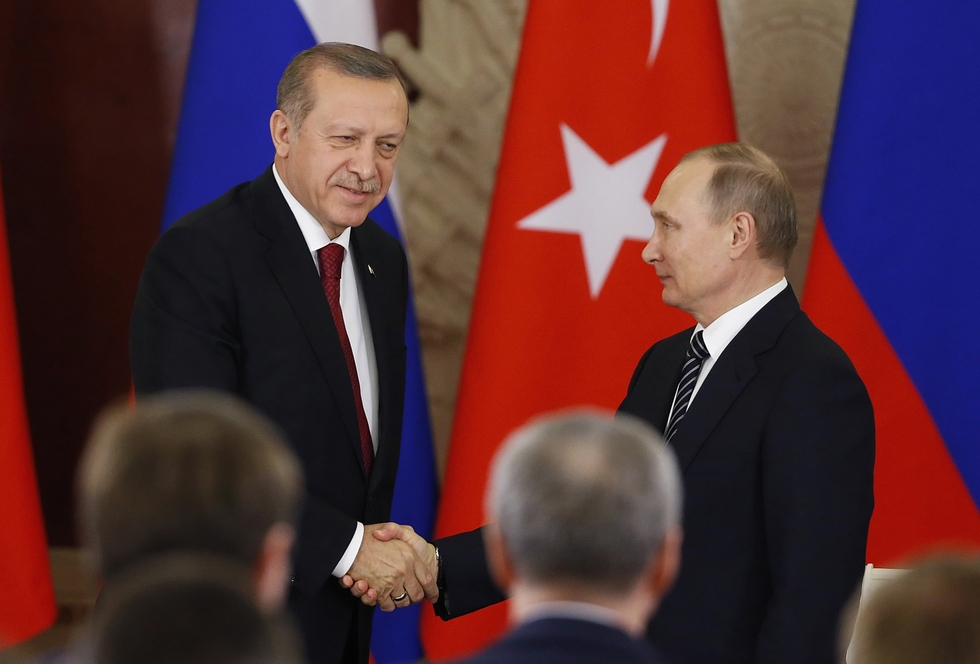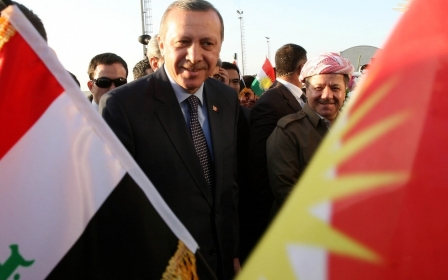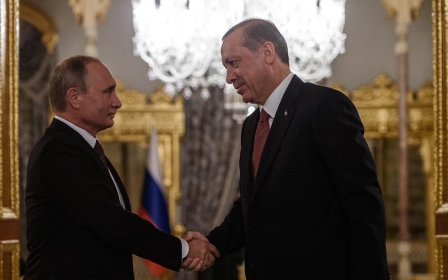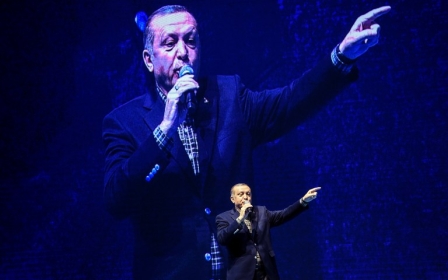Erdogan, Putin announce 'normalised ties'

Russia's President Vladimir Putin and his Turkish counterpart Recep Tayyip Erdogan on Friday announced the "normalisation" of ties between their nations, damaged by Ankara downing one of Moscow's warplanes in 2015.
"We can state with confidence that our countries have returned to the path of a true multi-tiered cooperation between partners," Putin told a news conference after the two strongmen met at the Kremlin.
Relations between Moscow and Ankara hit rock bottom after Turkey's shooting down of a Russian warplane over the Syrian border in November 2015, which Putin then labelled a "stab in the back".
The two have reconciled since, notably cooperating on Syria and backing a ceasefire in December, which significantly reduced violence in the war-wracked country.
"In the last few months, the steps we have taken together have meant we have closed the gap in normalising bilateral relations," said Erdogan.
"I believe the normalisation process has ended. We don't want to utter this phrase any longer," he said, adding he expected Russia to "completely lift the sanctions" imposed after the plane's downing.
The two leaders also signed a new economic cooperation plan and agreed to create an investment fund worth as much as $1bn, said Putin.
The Russian leader hailed the joint efforts on Syria, crediting the coordinated actions of Russia, Turkey and Iran for "considerably lowering the level of violence".
He said Russia and Turkey will "continue cooperation in the fight against terrorist groups, especially ISIL," using an alternative acronym for the Islamic State (IS) group.
"Be it in Syria or in Iraq, in both countries our main objective is territorial integrity," said Erdogan.
Erdogan, referring to IS's remaining stronghold, told the news conference: "Of course, the real target now is Raqqa".
Turkey is seeking a role for its military in the advance on Raqqa, but the US is veering towards enlisting the Kurdish YPG militia - something contrary to Ankara's aim of banishing Kurdish fighters eastwards across the Euphrates river.
Turkey considers the YPG the Syrian arm of the Kurdistan Workers' Party (PKK) that has been fighting an insurrection on Turkish soil for 30 years. Washington, like Ankara, considers the PKK a terrorist group, but it backs the YPG.
Russian-backed forces of Syrian President Bashar al-Assad are also operating in the north of the country, close to Turkish borders. Washington and Moscow are concerned fast-moving military developments could lead to serious clashes between Turkish forces and the YPG.
"It should now be accepted that a terrorist organisation cannot be defeated with another one," Erdogan said, referring to the enlistment of YPG by the United States to fight IS.
"As a country that has been battling terror for 35 years, terrorist organisations like Daesh [Islamic State], the YPG, Nusra front and others are organisations we face at all times," he said.
Middle East Eye propose une couverture et une analyse indépendantes et incomparables du Moyen-Orient, de l’Afrique du Nord et d’autres régions du monde. Pour en savoir plus sur la reprise de ce contenu et les frais qui s’appliquent, veuillez remplir ce formulaire [en anglais]. Pour en savoir plus sur MEE, cliquez ici [en anglais].




